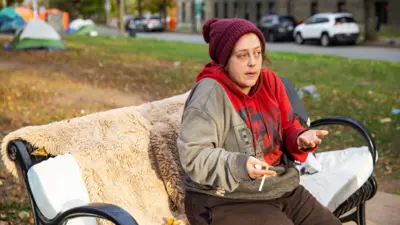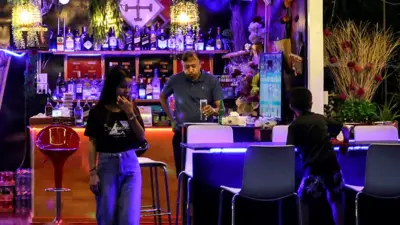We've updated our Privacy and Cookies Policy
We've made some important changes to our Privacy and Cookies Policy and we want you to know what this means for you and your data.
Bid to use forensic science to tackle wildlife crime
Image source, Getty Images
The Scottish government is to join Edinburgh University on a new programme to employ forensic science in fighting wildlife crime.
The move comes ahead of an international event on the issue being held in the city.
The Wildlife Forensics Development Programme will boost research into greater use of forensic techniques.
It comes after the case against two gamekeepers was dropped because video footage was ruled inadmissible.
The partnership will create formal ties between the Scottish government's wildlife DNA forensics unit and the university's research unit at the Royal (Dick) School of Veterinary Studies, and the Roslin Institute.
Environment Secretary Roseanna Cunningham announced details of the project as the Society for Wildlife Forensic Science's annual symposium, attended by representatives from more than 30 countries, was due to take place in Edinburgh.
Trade routes and poaching
The event, being held outside the US for the first time, focuses on how scientists can best support wildlife crime investigations, from illegal timber logging and fisheries, to illegal wildlife trade and persecution on both national and international levels.
Ms Cunningham said: "As hosts to the UK's only dedicated wildlife DNA forensics lab, Scotland is leading the way when it comes to using forensic science to shape wildlife law enforcement.
"Forensics can provide evidence that an offence has been committed and plays an important role investigating trade routes and poaching.
"The new wildlife forensics development programme builds on Edinburgh's strong reputation for biosciences, taking a progressive approach that will strengthen the links between enforcement, policy and forensics."
Last month, the Crown Office dropped two cases against gamekeepers after ruling that secretly-recorded video footage was inadmissible evidence.
Top Stories
More to explore
Most read
Content is not available








